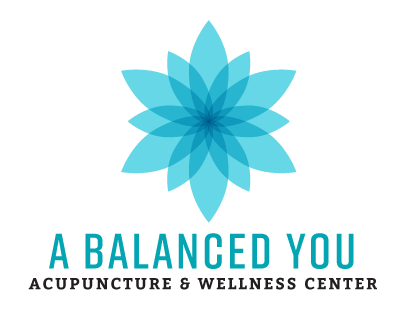Acupuncture has been used for centuries to promote health and well-being, and its popularity continues to grow worldwide. This ancient practice goes beyond simply inserting needles; it involves a holistic understanding of the body and its energy flow. As part of this holistic approach, there are four key principles known as the "Golden Rules" of acupuncture. These rules, while not universally agreed upon, offer valuable guidance for optimizing your health and enhancing the effectiveness of your acupuncture treatments.
1. Eat Only When Hungry
Our digestive systems are vital for processing food and extracting vital nutrients. Overeating can strain these systems, leading to digestive issues and disrupting the flow of Qi, the vital energy that flows through our bodies. The first golden rule of acupuncture encourages mindful eating, urging you to listen to your body's hunger cues and avoid overindulging. By eating only when truly hungry, you can support healthy digestion and promote a balanced Qi flow.
2. Drink Only When Thirsty
Hydration is essential for every bodily function. However, excessive fluid intake can dilute digestive enzymes and disrupt the balance of fluids in your body. The second golden rule emphasizes mindful drinking, encouraging you to consume liquids only when you feel thirsty. This helps maintain optimal fluid balance and supports the smooth functioning of your digestive and other systems. According to our current modern healthcare system. it is now advised to drink 6-8 glasses of pure water daily.
3. Take Rest When Tired
Our bodies require adequate rest to restore energy and repair tissues. Insufficient sleep can deplete Qi, leading to fatigue, decreased immunity, and impaired cognitive function. The third golden rule emphasizes the importance of listening to your body's signals and taking rest when you feel tired. Whether it's a short nap, a relaxing evening routine, or prioritizing sleep at night, ensuring adequate rest is crucial for maintaining your well-being and supporting the healing benefits of acupuncture.
4. Sleep Early
Sleep is arguably the most important component of a healthy lifestyle. The final golden rule of acupuncture highlights the importance of getting enough quality sleep, particularly early sleep. Early sleep allows your body to complete its natural repair and restoration processes while aligning with the natural rhythms of the day. This contributes to improved energy levels, better mood, and enhanced immune function.
Beyond the Four Golden Rules
These four golden rules are fundamental principles for supporting your health and well-being within the framework of Traditional Chinese Medicine. While they play a significant role in enhancing the effectiveness of acupuncture treatments, it's important to remember that they are just one aspect of a holistic approach to health. Consulting with a qualified acupuncturist allows you to receive personalized guidance and treatment plans tailored to your specific needs and constitution.
Enhancing Your Acupuncture Experience
By incorporating the golden rules into your daily life, you can create a foundation for optimal health and maximize the benefits of your acupuncture treatments. Here are some additional tips for enhancing your experience:
- Maintain a balanced diet: Focus on consuming whole, unprocessed foods and incorporating a variety of fruits, vegetables, and whole grains into your meals.
- Engage in regular exercise: Physical activity helps to improve circulation, promote digestion, and reduce stress, all of which contribute to overall well-being.
- Practice stress-reduction techniques: Mindfulness meditation, yoga, and deep breathing exercises can help manage stress and maintain emotional balance.
- Listen to your body: Pay attention to your body's signals and address any imbalances or concerns you experience.
By following these tips and incorporating the golden rules into your daily routine, you can create a supportive environment for your health and unlock the full potential of acupuncture therapy. Remember, the journey towards optimal well-being is a continuous process, and making small, consistent changes can lead to significant improvements in your overall health and quality of life.











